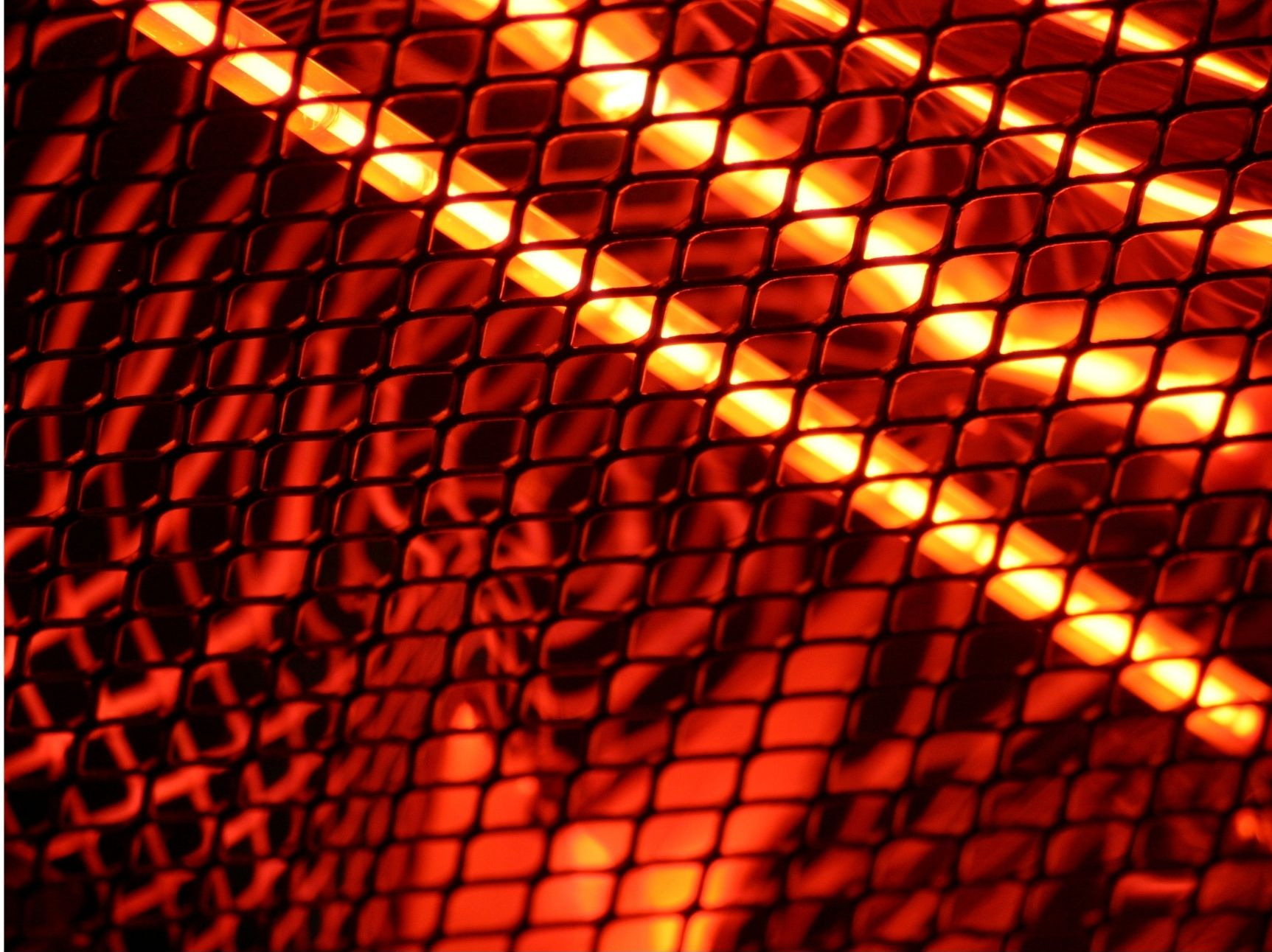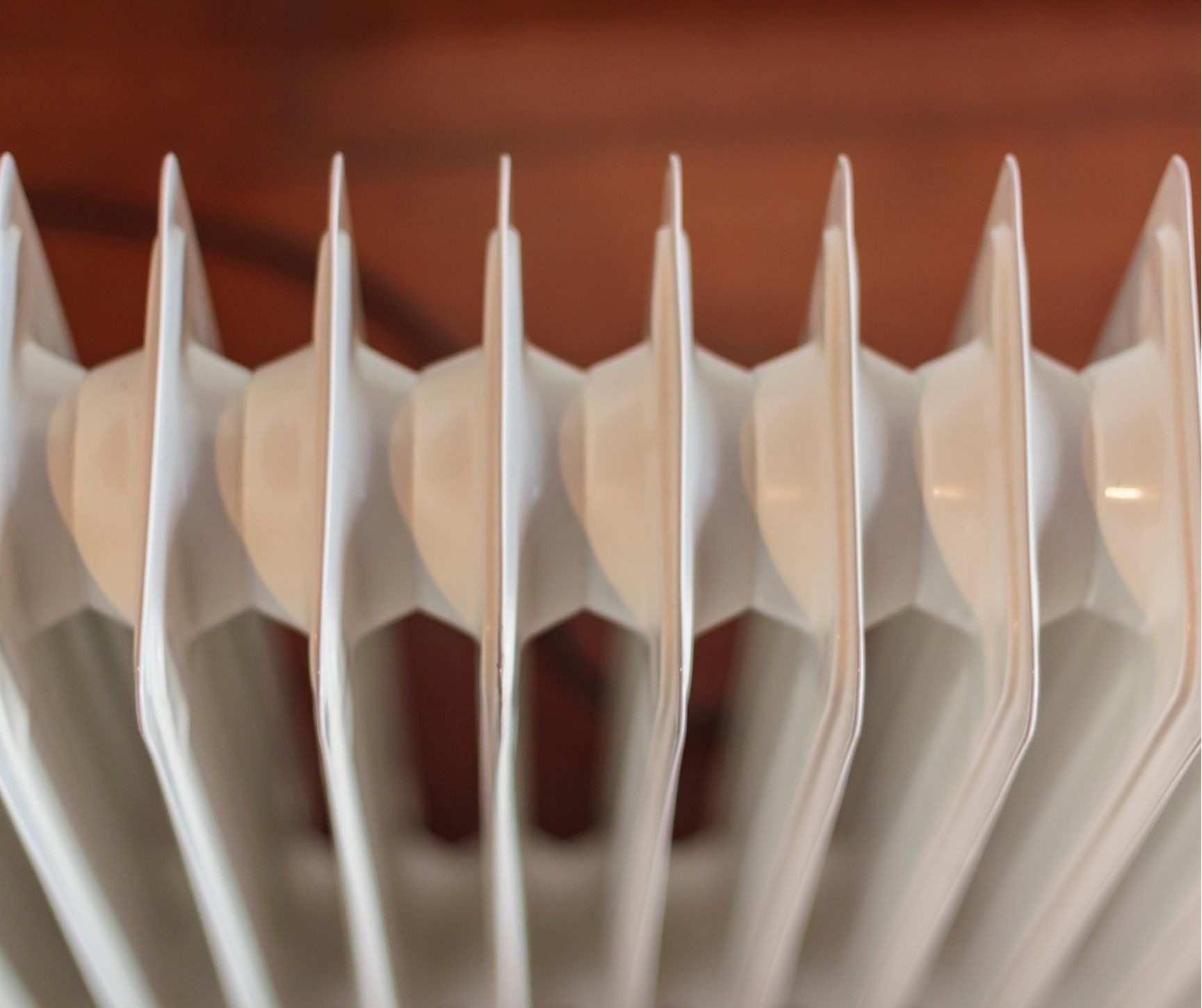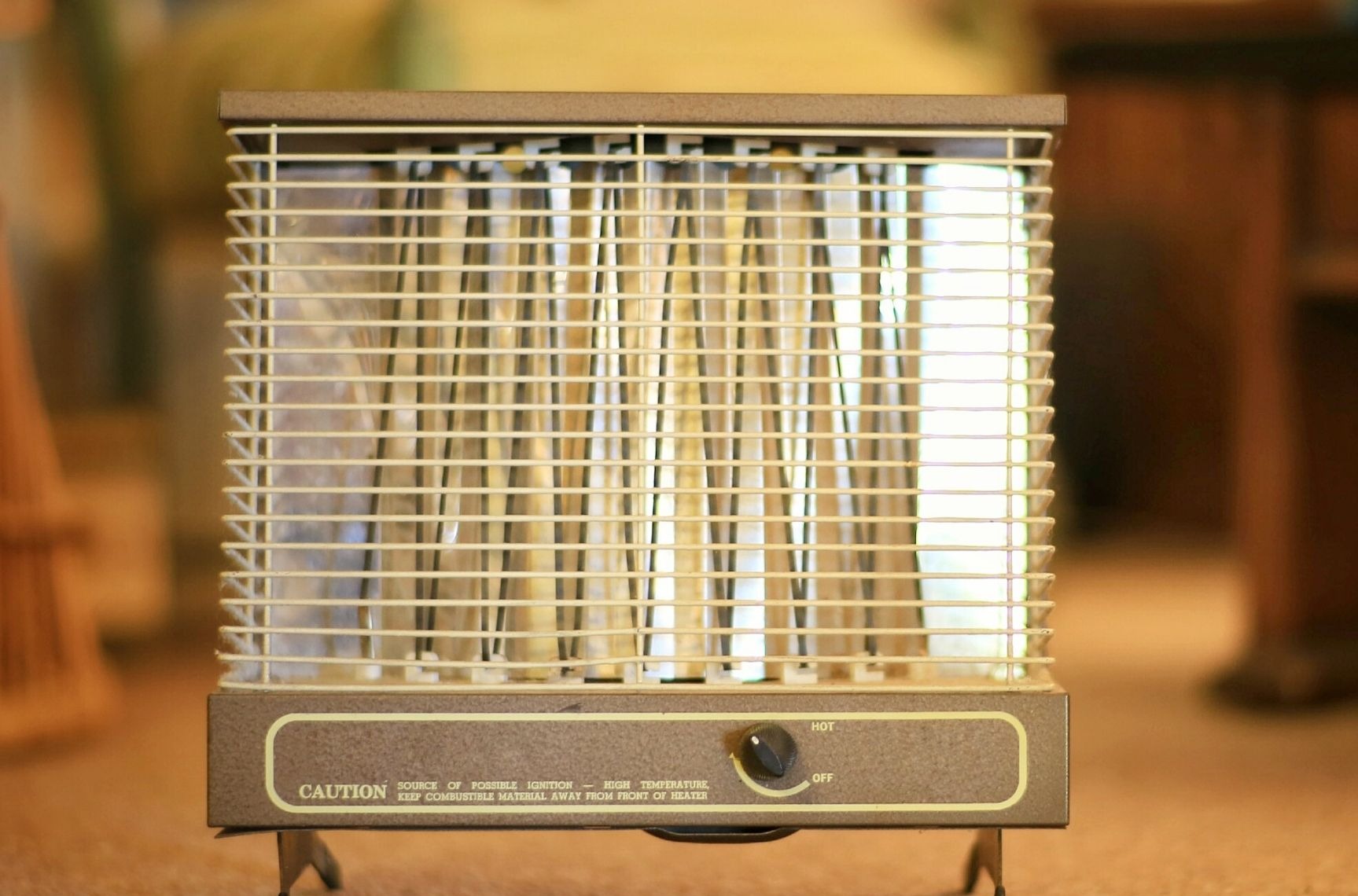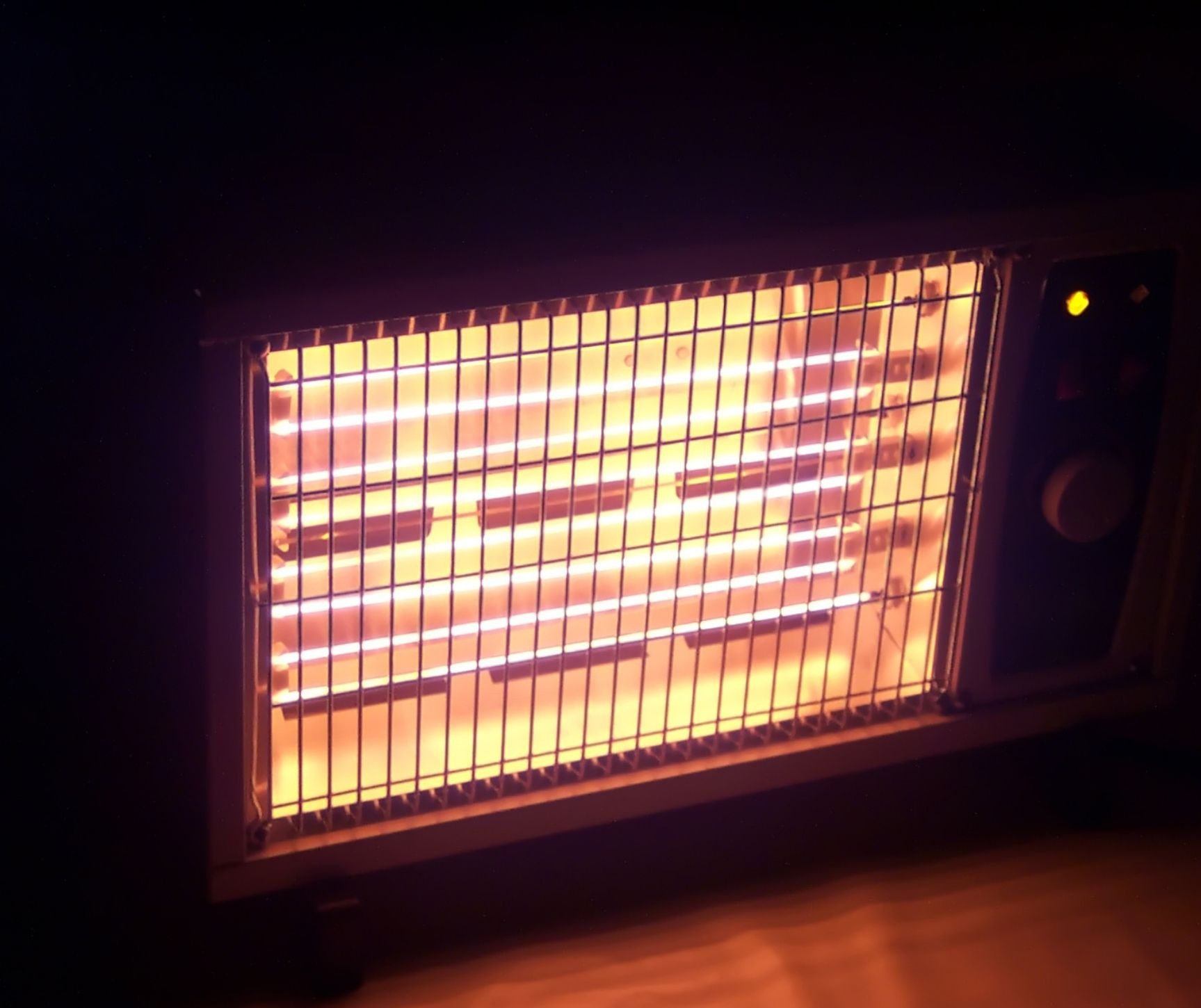Are Electric Heaters Bad For Your Health? I would have to admit that I am the first one that has a bit of apprehension when it comes to running an electric heater. Especially at night.
I can’t explain the fear other than maybe I am afraid that something is going to catch on fire if I leave it alone or fall asleep.
But I am not the only one that has an apprehension to electric heaters. Many people do.
Some of the most common worries are whether electric heaters can be bad for your health or if they can cause carbon monoxide poisoning or even cause cancer.
So are these fears based in any kind of reality or can they be put the rest using some basic logic?
First of all there’s all types of space heaters that run off electricity including fuel-based heaters that are equipped with an igniter that needs electricity to get started.
An electric space heater is more likely to be defined as a small heater that you plug in to warm a small space. A machine that is heating up coils that glow red and orange. And buzzing loudly as it does so.
So let’s take these concerns one at a time.
Table of Contents
Are electric heaters bad for your health?
You could say that electric heaters are bad for your skin health. Because they do dry out the air.
But in truth, the whole humidifier industry is built around the ideal that heaters dry out the air during the winter months when the heater stays on so much and the windows stay closed.
Do space heaters or electric heaters dry out your skin or cause bloody noses or dry throat? Or any other dry symptom related to low humidity?
Probably.
But it’s a problem that is easily combated with a cool mist humidifier running in your home alongside any space heaters you have running.
There are also easy and natural ways to humidify your home like putting a bowl of water out into a room or just leaving the door to the bathroom open when you take a shower.
Can electric heaters produce carbon monoxide?
No. Carbon monoxide is an invisible gas found in fumes. Fumes that are produced by burning fuel.
There are types of heaters that do pose a risk of carbon monoxide poisoning because they do run primarily off of burning fuel. Fireplaces, furnaces, even kerosene lamps and heaters all work by burning fuel.
But electric heaters do not pose a risk of carbon monoxide poisoning because they simply do not run or heat the air by burning any type of fuel.
Do electric heaters cause cancer?
The ideal that an electric heater can cause cancer comes from the assumption that electric heaters create ultraviolet radiation.
But infrared space heaters do not create UV radiation but infrared Radiation. There is no scientific evidence that infrared radiation causes cancer.
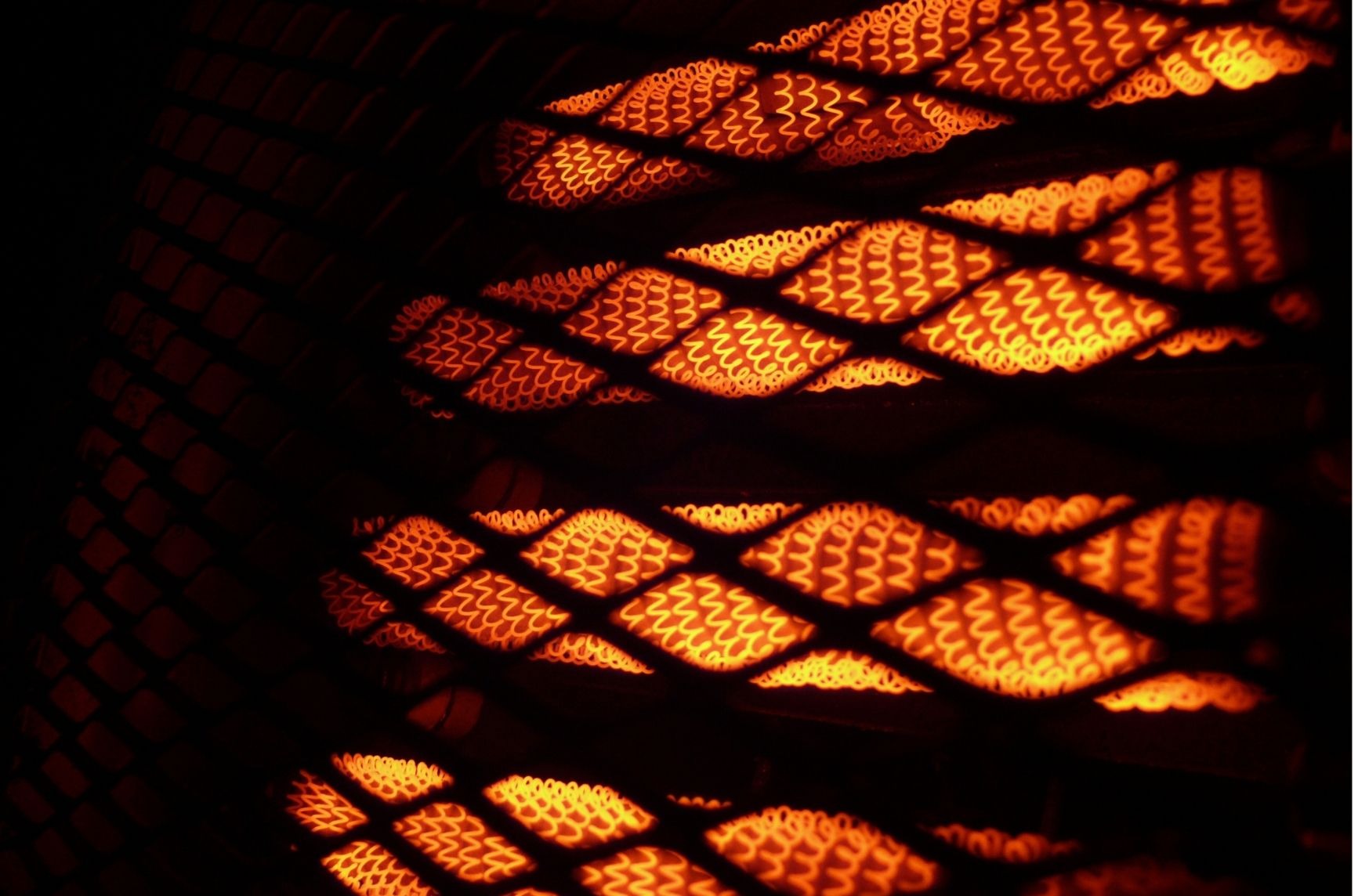 Electric space heaters have grown leaps and bounds and now come with a variety of features like cool touch, safety shut off if the heater gets up against something or if a a item of clothing is thrown on it, and safety shut off for being tipped over.
Electric space heaters have grown leaps and bounds and now come with a variety of features like cool touch, safety shut off if the heater gets up against something or if a a item of clothing is thrown on it, and safety shut off for being tipped over.
Many of the worries like getting burned if you touch it or tipping it over and catching a fire are just not something that can take place with modern electric space heaters.
If you will follow a few basic rules there is no reason why your electric heater shouldn’t be absolutely safe.
1. Distance
Don’t run it around anything flammable. It probably goes without saying that you’re not going to run your space heater around gasoline but remember aerosol cans can be explosive when heated to a certain temperature. Certain fabrics can also be combustible because of plastics and nylons that are threaded in them.
2. Grounded Plug
Make sure that the outlet you have your electric heater plugged into is grounded. That means it has three prongs. Electric heaters are known for surging when they cycle on and off. If your heater is not properly grounded, you can be risking a fire.
3. Smoke Alarm
Make sure you have a smoke alarm and that you keep a fresh battery in it.
Regardless of whether you’re running a space heater or have lighted candles in the house, smoke alarms are a must to prevent a would-be fire.
4. Not a Dryer
Don’t use it to dry your clothes. Throwing any clothes on the space heater spells bad luck. Towels that have been used to wipe up greasy messes can be very hard to get completely clean and become a fire hazard if exposed to the type of heat that comes from an electric space heater.
5. Be Aware
Don’t leave it running when you’re not around. Of course there are times when you want to have a heater on before you get into the room so that the room has a chance to heat up, and those types of situations make sure you use the proper diligence to make sure you adhere to the best safety advice.
These days, smart plugs abound, that can give you the ability to turn your heater on from your smartphone or schedule it to come on or go off at a certain time.
If you need to fall asleep with your heater on, a timer or smart plug is an excellent way to have it power down during the night so you can get to sleep and rest easier knowing that you’re not in risk while you are asleep.
6. Safety Qualifications
Make sure you only use a heater that is in compliance with all the safety regulations and is certified by UL, ETL, or CSA.
After all, What is the alternative? Frostbite? Freezing your skivvies off all winter? We all got to have heat in the winter and if you live up north, you know how much having a space heater for your feet can make a difference.
 But if you are using a gas heater, kerosene heater, propane heater, or even just a fireplace, these are the type of space heaters that have to be vented outdoors.
But if you are using a gas heater, kerosene heater, propane heater, or even just a fireplace, these are the type of space heaters that have to be vented outdoors.
If you are using a space heater that requires any type of fuel, besides making sure that it is adequately ventilated, you should also make sure your carbon monoxide detector has a fresh battery. And if you do not have a carbon monoxide detector, they are fairly cheap, as low as 15 to $20 in some cases.


